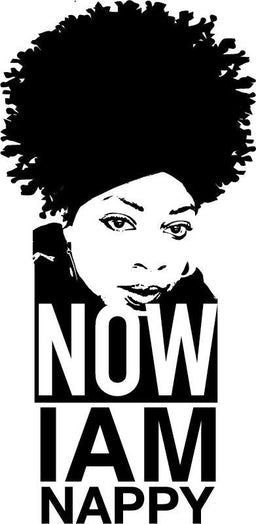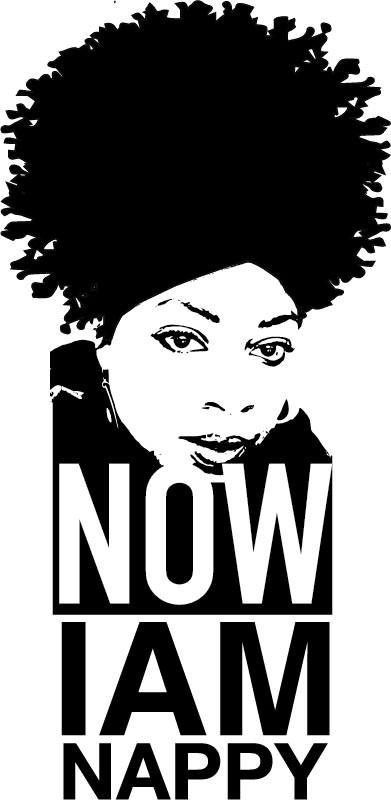If you are 25 and older than this post is just for you. Even if you’re not yet 25, if you want to continue having youthful skin and thick hair, then save this post. Your body makes its own collagen molecules, but this production starts to slow down starting at the age of 25, resulting in the breakdown of tissues we associate with getting older – wrinkled, sagging skin, painful joints, and thinning and graying hair.

What is Collagen?
Collagen is the most abundant protein in your body, consisting of about 70% of your skin. Collagen serves structural roles for parts of the body (like the glue that holds things in place) such as bones, tendons, joints, and stomach lining. It can also be found in external parts of the body, including our eyelashes, nails, teeth, and hair. So, if you want to prevent thinning and graying hair associated with aging, increase hair thickness and length, and maintain firm skin then read on.
It turns out that there are at least 16 different types of collagen, but 80-90% of the collagen in your body is made up types 1, 2, and 3. Each of these three types of collagen has a slightly different job in the body and may come from slightly different sources.
Type I is the most prevalent collagen in your body accounting for over 90% of the collagen and is the most highly recommended for hair, skin, and nails. It is the main structural component of skin, tendons, bones, and organs.
Type II collagen is the main component of cartilage, so this is extremely beneficial for cartilage health. Yes, think, your knees, joints and spinal disks all contain cartilage.
Type III collagen is found largely in your intestines, muscles, and blood vessels. It is usually found near type 1 collagen in your body and is great for improving skin elasticity.
How does collagen affect our hair?
A lot of the ways collagen affects hair has much to do with how it affects our skin, the body’s largest organ. Collagen can be found in the middle, dermis layer of our skin and is also where our hair follicles lay. Maintaining the integrity of the dermis is how collagen helps your hair follicles – and therefore your hair.
When you consume collagen, your body breaks it down into amino acids to help build new proteins that nourish your body. The amino acids necessary for collagen production are proline, glycine, and hydroxyproline. When your body starts to begin depleting collagen, adding these foods to your diet can help your body rebuild:
Bone Broth
Chicken
Eggs
Fish
Berries
Leafy Greens
Garlic
White Tea
Citrus Fruits
Sea Moss (Irish Moss)
If you worry about incorporating enough of these foods in your diet, you can always choose supplements. The only way for your body to completely absorb collagen is for it to be broken down into HYDROLYZED collagen. Some of the latest supplements on the market are Collagen peptides that contain type I and type II hydrolyzed collagen. The brands I’ve tried are listed in my Amazon Store.
For External Use
Fortunately, even for those who are protein sensitive, many have found the hydrolyzed collagen peptides work well for their hair. Why? Well hydrolyzed collagen peptides are collagen molecules that have been cut into smaller pieces through the process of hydrolysis. They are a lightweight protein that does not heavily coat the hair strand, resulting in nourished and strengthened hair.
Collagen and gelatin are often confused as the same ingredient; however, gelatin does not go through the same hydrolysis process as hydrolyzed collagen and therefore is a stronger more powerful protein treatment. The video below shows how to make a DIY gelatin hair mask! Don't miss out on how to add moisture to this treatment for better results.


